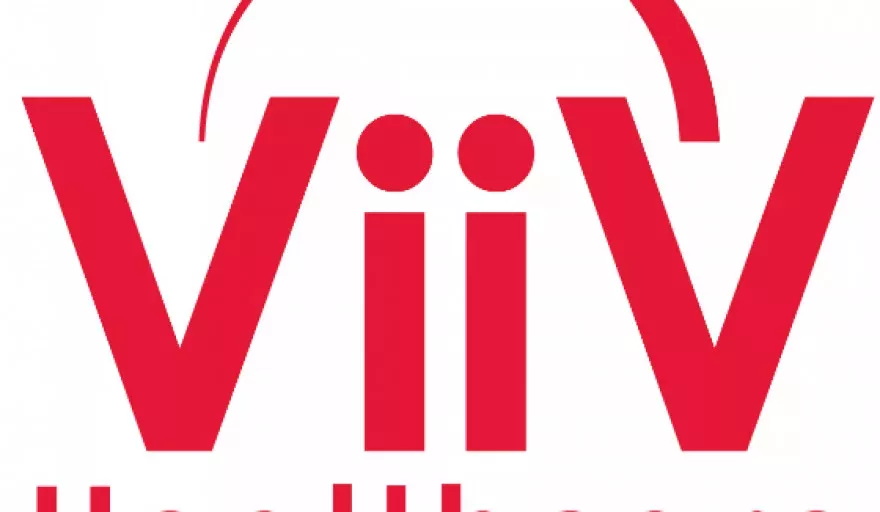“Supporting projects that bring real change for HIV-affected communities is the reason ViiV founded PACF in the first place,” said ViiV Healthcare CEO Dominique Limet, “We are proud to be partnering with such groups across the world that are bringing this to fruition. They can really play an essential role into the mission we share. ViiV Healthcare is absolutely committed to communities affected by HIV and AIDS.”
The Positive Action for Children Fund (PACF) is proud to announce 103 grants for 2015 totalling £5 million. 54 new grants and 49 extensions will be funded to support community responses to help end mother to child transmission of HIV thereby delivering crucial services to mothers, children and HIV affected families.
PACF partners with local organisations working to improve the health and wellbeing of women and children affected by HIV, and the communities they live in. All PACF projects work to strengthen ties between these communities, local health systems and governments, so that more families have access to information, prevention measures, testing and care for HIV. Together these interventions safeguard women’s and their families’ health in an effort to meet the targets set out in the Global Plan towards the elimination of new infections among children by 2015 and keeping their mothers alive.
PACF partners address a range of factors related to mother to child transmission of HIV in their community, ranging from promoting women’s and girls’ access to education and health services, to testing infants early for HIV, to improving retention of mothers in local HIV services. According to the Global Plan statistics, the total number of new HIV infections in children was halved between 2009 and 2011 in low- and middle-income countries. The Global Plan predicts that by 2015, the number of children acquiring HIV infection can be reduced by 90% from the baseline year of 2009.
In 2015, more than 50 organisations will be partnering with PACF for the first time. Thanks to these new partnerships, PACF will be reaching into previously unsupported countries, including Togo, Angola and Colombia. Their work will extend into 25 countries.
“It has been a rewarding year for PACF in terms of the quality, number and geographical coverage of grants awarded with increased focus on the support of small scale projects,” said PACF Board Chair Catherine Peckham.
Of the 103 new and extended partnerships announced for 2015, almost 90 partners are community based organisations focused on smaller initiatives, showing an ever stronger trend towards supporting localized projects. PACF aims to reach key populations that are often in rural areas and are underserved by health facilities.
For those community based organisations in need of support to sustain their work, PACF provides unique capacity-building assistance through one-on-one mentorship with experts in the HIV sector. This special attention enables community based organisations to strengthen and sustain their programming, as well as extend HIV prevention and treatment services, and antenatal care to more people who need it.





























